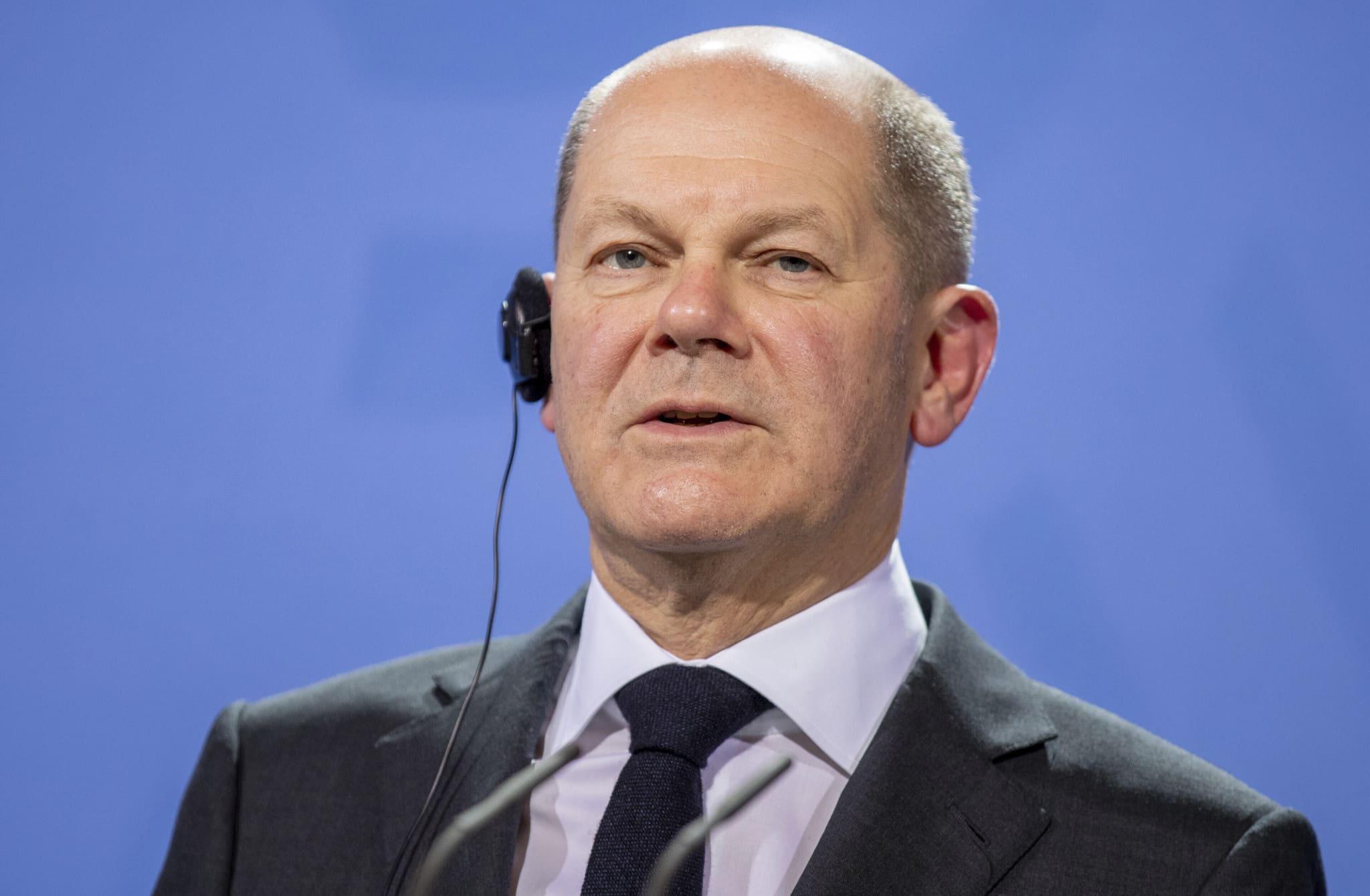“You win with German. Do it.”
A more striking encouragement to learn the German language could hardly have been expressed on the advertising surfaces that prompt learning of the German language and which suddenly, almost magically, appeared on the streets of Budapest.
It is not as if knowledge of the German language is not useful, but so far the importance of learning it has been much more restrained.
It is as if the time had come to shake off modesty. Now, confident male faces — at least I only saw these on the posters — call for me to learn German. It is not known whether the sudden launch of the poster campaign is an accidental or deliberate action and possibly linked to the inauguration of the new Berlin government with the supposed intention of creating a German Europe under the guise of creating a federal Europe. In any case, the coincidence is remarkable.
The essence of a federal Europe was perhaps articulated most strongly by Jaroslaw Kaczynski, the leader of the Polish ruling party.
“Germany is working to transform the EU into a federal German fourth empire. If we Poles agreed to such a modern-day surrender, we would actually be degraded,” he declared. Let us add that this applies not only to the Poles, but also to all other EU nations, including us Hungarians.
It is a utopian and dangerous idea — an attempt that will not hold the European Union together but will shatter it. However, more and more sober voices can be heard in the background of the creation of a German-dominated Europe. Despite Berlin’s campaign against Poland and Hungary, it is likely that the volume of fierce EU and German attacks driven by insane ideological considerations will be turned down. It has already been suggested that the knives of Brussels and Berlin will break on Poland and Hungary.
The new German government must now face the fact that, after the change of regime, Central Europe, which has its own sphere of interest, has achieved a position of economic interdependence to some degree with Germany. At least a third of the supply capacity of German industry is already in this region, a significant part of which is in Poland, which is the biggest part of the region, and a significant proportion is with us, Hungary. If these supply chains were to suffer damage as a result of the ideologically-driven joint affliction of Berlin and Brussels, German industry would feel the same. Especially now, when the epidemic causing a shortage of parts in Germany, factories and plants had to be closed.
Hungarian Prime Minister Viktor Orbán described the Hungarian-German economic relations. The process of merging is still unchanged, but it shows a certain contradictory situation. While economic growth in Germany has slowed due to the epidemic, Hungary and Poland are growing GDP by around 5 to 6 percent.
The good result is due, among other things, to what the European Union and Berlin do not want to see: the two conservative governments will not allow profits to be exported without restraint. It is, of course, very good, in theory, for Berlin that the Polish and Hungarian suppliers are doing well. Yet, in addition to the ideological attacks, low profits are one of the main reasons they are conducting a witchhunt against the two countries, so that their own large corporations can continue to rob these countries
This ts the fate that awaits any country that finds a German Europe a good idea.






